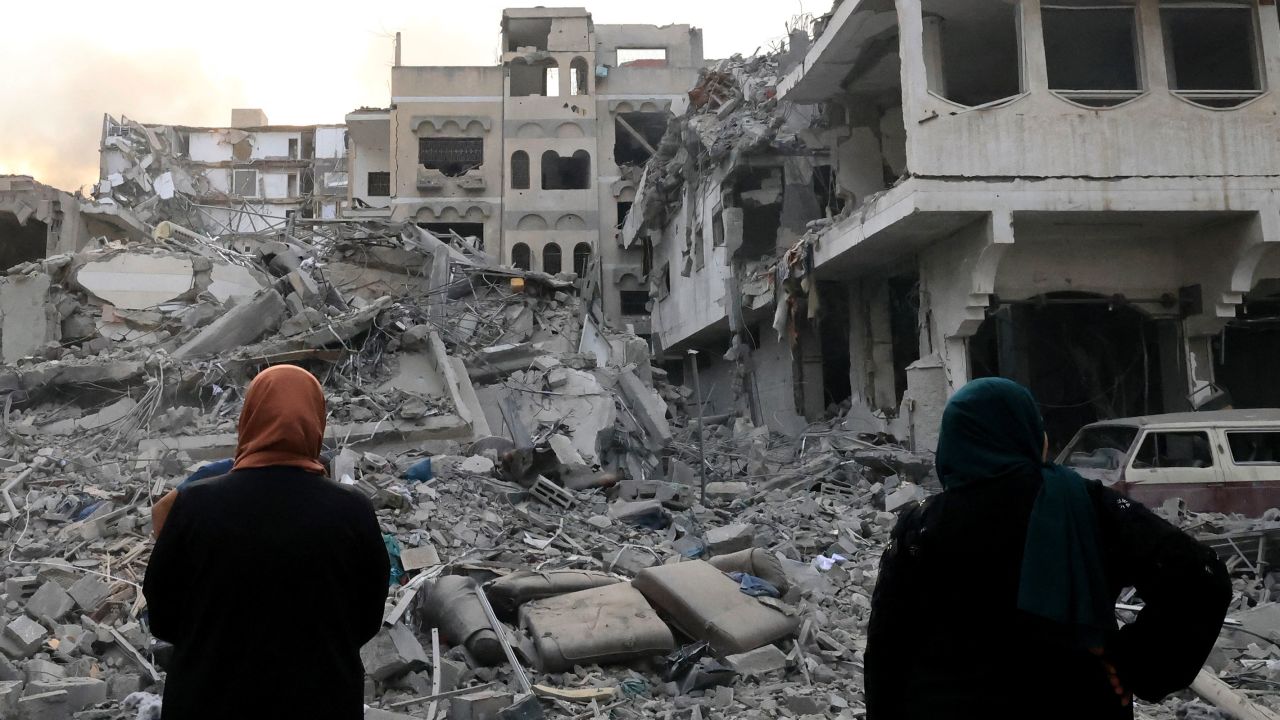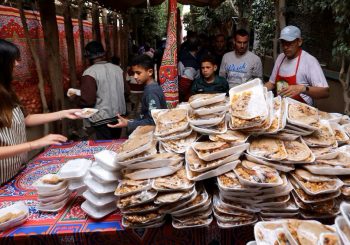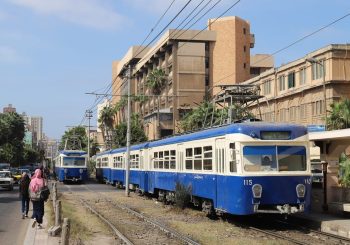A blast hit close to the Palestinian side of the Rafah crossing between Egypt and Gaza on Monday, 16 October. No civilians were injured, but there was severe damage to the crossing itself.
Egypt’s Al-Qahera News Channel obtained real-time footage of the blast, which has been confirmed by local reports as an Israeli airstrike.
The first strike took place on Monday, 9 October, which temporarily halted traffic at the crossing. The following two strikes happened on the second day on Tuesday, 10 October, which damaged the hall on the Palestinian side.
Egypt’s Minister of Foreign Affairs Sameh Shoukry has stated on the same day in a joint conference with France’s Minister of Foreign Affairs that Israel has not adopted a stance that would permit the opening of the Rafah crossing on the Gaza side.
“Israel is preventing aid from entering Gaza,” Shoukry explained.
He emphasised that Egypt and international agencies like the United Nations Relief and Works Agency for Palestine Refugees in the Near East (UNRWA) and the International Committee of the Red Cross (ICRC) are working together to coordinate urgent relief efforts for Gaza’s civilian population.
The currently existing crossing between Egypt and the Gaza Strip was built following the Camp David Accords between Egypt and Israel in 1982. However, Palestinians had been struggling for years with the Israeli-controlled exit, particularly for humanitarian reasons during times of conflict.
Egypt has repeatedly called for a ceasefire so that aid may be sent to Gaza and dual passport holders can be evacuated, Shoukry added.
Crucial humanitarian aid is accumulating at the Rafah border as the World Health Organisation recently warned that water is running out for hundreds of thousands of displaced Palestinians in the devastated region.
Doctors at the largest hospital in Gaza are unable to adequately care for the rising number of patients as supplies of food, water, and medicine are extremely low.
“We must focus at this moment on halting the escalation,” Shoukry said, emphasising the necessity of putting an end to violence in the strip.
He reiterated Egypt’s “absolute” opposition to the uprooting of Gaza’s population, which harms the Palestinian cause.
In an effort to de-escalate the situation, Egypt will organise a summit, the Cairo Peace Summit, on Saturday to examine the most recent developments and escalations in Gaza, according to the Egyptian TV channel Al-Qahera News.
The summit will see the participation of 18 countries and the Secretary General of the United Nations.
The Conflict So Far
In the first week of the Israel-Palestine war, nearly 1 million Palestinians have been displaced so far following Israel’s ground offensive after Hamas’ surprise attack on October 7.
Hamas’ attack has been compared to the September 11 attacks, and has been called “by far the worst day in Israeli history”, which resulted in 1,400 Israelis and people of other nationalities getting killed. There are also a number of Israeli and foreign hostages in Gaza, ranging between 100 and 150.
Following the attack, the Israeli Defense Forces announced a “large-scale operation to defend Israeli civilians.”
In the midst of continued bombings, Israeli soldiers ordered 1.1 million Palestinians in north Gaza to relocate to the south within 24 hours on October 12. Since Israel has established a “complete siege” on Gaza, water, food, fuel, and power has been cut off for 2.2 million Palestinians, and there is no safe haven for Palestinians anywhere in Gaza.
Israeli airstrikes on Gaza have resulted in 2,750 Palestinian deaths and 9,700 injuries. One thousand of the dead are still trapped underneath the rubble. A UN human rights expert warned that Palestinians face a serious risk of mass ethnic cleansing.
These events are happening in the backdrop of an illegal siege imposed by Israel on Gaza since 2007, which has been condemned by the international community as collective punishment.







Comments (0)